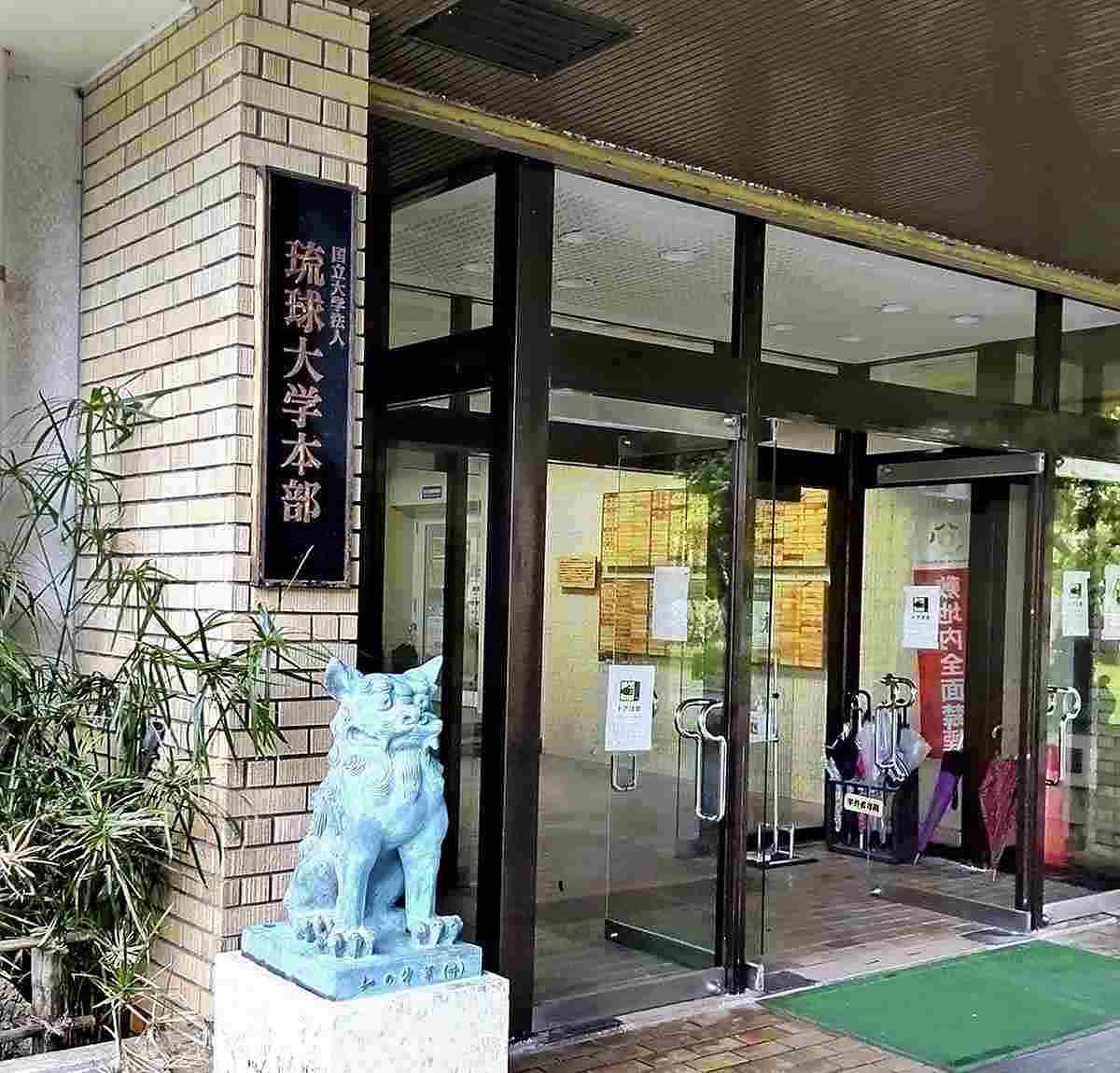Japan’s University of Ryukyus Investigating Professor for Alleged Bribery; Corporate Exec Donated ¥3 Mil. for Research, Asked Recommendation for Lecturer Position

The University of the Ryukyus
18:05 JST, October 4, 2024
A professor at the University of the Ryukyus allegedly received donations totaling ¥3 million as research support funds from a corporate executive, who asked the professor to recommend at least three people for part-time lecturer posts at the national university between last year and this year, The Yomiuri Shimbun has learned.
A professor at the University of the Ryukyus allegedly received donations totaling ¥3 million as research support funds from a corporate executive, who asked the professor to recommend at least three people for part-time lecturer posts at the national university between last year and this year, The Yomiuri Shimbun has learned.
The university in Okinawa Prefecture has been questioning the professor and consulting with police, suspecting that the donations may have been made in return for recommending the people. The professor apparently has offered his resignation.
Part-time lecturers are selected through public recruitment or internal recommendations, and the university president and others make the final decision after reviewing the candidates at faculty meetings.
National university professors are considered quasi-public servants under the National University Corporation Law. As recommending people for positions is considered part of their duties, if the professor in this case is determined to have received a donation in exchange for a recommendation request, he may be in violation of the Criminal Law for bribery, even if he did not actually make any recommendations.
According to sources, the professor, who is in his 50s and is a member of the university’s Faculty of Global and Regional Studies, was introduced to at least three guest lecturers by an executive at a Tokyo-based consulting firm last autumn in connection with open lectures held by the professor’s lab. The executive donated ¥3 million to the university, ostensibly to support the professor’s research.
The three lecturers were a female representative of an incorporated association in the Kanto region and two male company owners in the Kyushu region.
The woman was approached by the executive in October last year, who told her that she could become a part-time lecturer if she paid several million yen, held an open lecture and passed a review by the faculty board. She paid the executive about ¥3.4 million in consulting fees. The executive donated ¥1.5 million in January.
Immediately after her lecture in March, the professor messaged the woman via social media that he would begin the procedures for appointing her as a lecturer through the mediation of the executive, stating the executive’s name in the message.
The two men paid the executive at least several million yen each.
One of the men cohosted a lecture in November last year — after the executive donated a total of ¥1.5 million between October and November — and became a lecturer through the professor’s recommendation.
The other man’s lecture was held at around same time as the woman’s, but neither of them were recommended.
The University of the Ryukyus began its investigation this spring, suspecting that the executive was running a business in which he lobbied the professor to make recommendations while donating money for his research. The professor denied any involvement, but the university will continue its investigation based on evidence and testimony.
The professor admitted to The Yomiuri Shimbun that he had been introduced to several guest speakers by the executive and said he was aware that the executive was donating to his research.
“I have never used the money for personal use, and I have never guaranteed a part-time lecturer position,” the professor added.
The university reported the issue to the Education, Culture, Sports, Science and Technology Ministry and told The Yomiuri Shimbun that it would continue to investigate.
“If it’s true, it is very regretful,” the university said.
Top Articles in Society
-

Producer Behind Pop Group XG Arrested for Cocaine Possession
-

Man Infected with Measles Reportedly Dined at Restaurant in Tokyo Station
-

Man Infected with Measles May Have Come in Contact with Many People in Tokyo, Went to Store, Restaurant Around When Symptoms Emerged
-

Woman with Measles Visited Hospital in Tokyo Multiple Times Before Being Diagnosed with Disease
-

Australian Woman Dies After Mishap on Ski Lift in Nagano Prefecture
JN ACCESS RANKING
-

Producer Behind Pop Group XG Arrested for Cocaine Possession
-

Japan PM Takaichi’s Cabinet Resigns en Masse
-

Man Infected with Measles Reportedly Dined at Restaurant in Tokyo Station
-

Israeli Ambassador to Japan Speaks about Japan’s Role in the Reconstruction of Gaza
-

Videos Plagiarized, Reposted with False Subtitles Claiming ‘Ryukyu Belongs to China’; Anti-China False Information Also Posted in Japan























